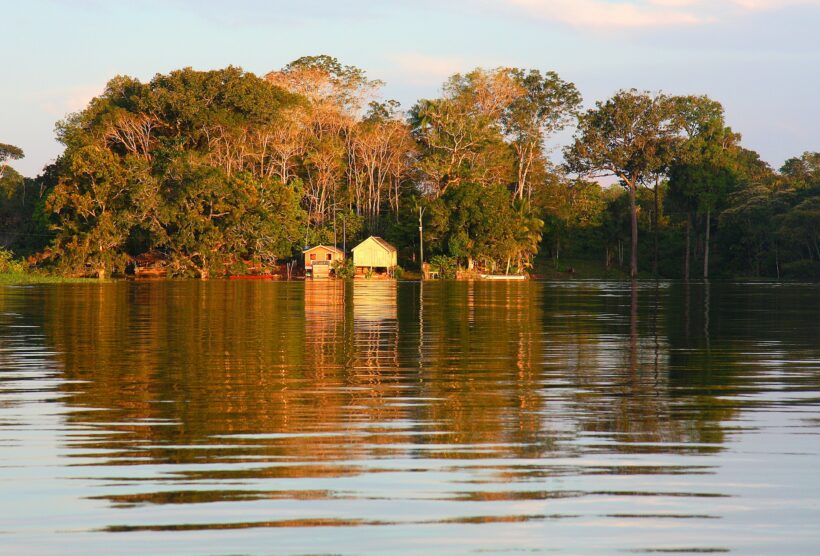From January to June of this year — the first six months of Luiz Inácio Lula da Silva’s presidential term — deforestation in Brazil’s Amazon has fallen 33.6 percent, new government satellite data shows, as The Associated Press reported.
By Cristen Hemingway Jaynes
Lula’s stricter environmental rules led to 1,023 square miles of cleared rainforest during that time frame, compared with the same period in 2022 when 1,544 square miles were cleared under Jair Bolsonaro.
It was the lowest level of deforestation for the period in four years, reported Reuters.
“The effort of reversing the curve of growth has been reached. That is a fact: we reversed the curve; deforestation isn’t increasing,” said João Paulo Capobianco, the environment ministry’s executive secretary, during a presentation in Brasília, as The Associated Press reported.
The deforestation rate for June — the beginning of the dry season, a time when it tends to go up — was down 41 percent.
During his campaign, Lula promised to stop the destruction of the rainforest that had become a hallmark of Bolsonaro’s presidency.
The peak period for forest clearing and fires in the Amazon is from July to October.
“July tends to have an explosion in deforestation,” Capobianco said, as reported by Reuters.
According to the Rainforest Trust, the Amazon rainforest produces about one-fifth of the planet’s oxygen. It also stores a good portion of the world’s carbon. But when forests are cleared, that carbon is released into the atmosphere, contributing to climate change.
“Bottom line, we are prioritizing environmental law enforcement,” Jair Schmitt, head of environmental protection at Brazil’s federal environmental agency Ibama, told The Associated Press.
Schmitt said there has been a personnel shortage, as many Ibama agents retired during Bolsonaro’s term and weren’t replaced in an effort to remove environmental officials.
Though Lula has made a commitment to bring the number of agents back up, it is currently the lowest in 24 years, with only 150 available for service.
In some cases, the owner of a specific piece of land that has been deforested can be identified by comparing land records with satellite data, and sanctions can be imposed, Schmitt said.
One type of deterrent is for cattle that have been raised illegally to be seized in embargoed areas.
Ibama head Rodrigo Agostinho said the agency imposed embargoes on 2,086 areas in the first half of 2023, a 111 percent jump from the average of the previous four years.
June of this year saw the most fires in the Amazon rainforest since 2007, an increase Schmitt attributed to deforestation and forest clearing in the last six months of 2022.
“It’s very positive, but we continue to have very high levels of deforestation,” said Daniel Silva, an analyst at nonprofit WWF-Brasil, as Reuters reported.
Cristen is a writer of fiction and nonfiction. She holds a JD and an Ocean & Coastal Law Certificate from University of Oregon School of Law and an MA in Creative Writing from Birkbeck, University of London. She is the author of the short story collection The Smallest of Entryways, as well as the travel biography, Ernest’s Way: An International Journey Through Hemingway’s Life.






